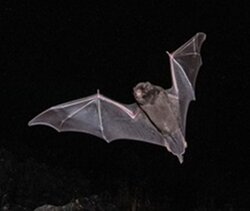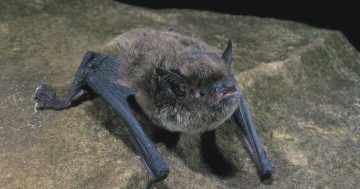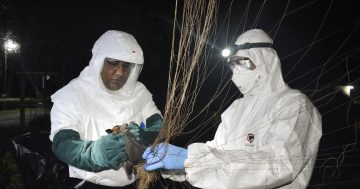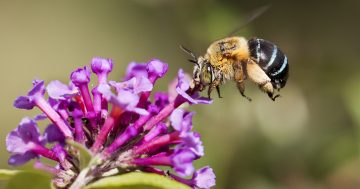 The Department of Planning and Environment (DPE) is calling for Batman hopefuls to scan the skies for insect-eating bats as part of its latest Saving our Species (SoS) pilot project.
The Department of Planning and Environment (DPE) is calling for Batman hopefuls to scan the skies for insect-eating bats as part of its latest Saving our Species (SoS) pilot project.
Senior Threatened Species Officer at the SoS, Joanna Haddock said volunteers were needed in Narrabri, Wellington, Western Sydney and Pillar Valley near Grafton for the first phase of the Bats in Backyards pilot project, aimed at learning about how bats use different landscapes across the State.
“Small, insect-eating bats are found everywhere in Australia and private land provides crucial habitat,” Dr Haddock said.
“This may include connected remnants of native bushland, hollow-bearing trees, unpolluted waterways, paddock trees and green spaces in cities,” she said.
“Bats have been portrayed historically as villains, but they are in fact our friends, as voracious predators of insect pests – eating mosquitos, biting midges and crop pests by the billions.”
Dr Haddock said the pilot project enabled anyone to contribute to conservation by recording bat calls over summer, from November this year to April 2023.
She said the participating citizen scientists would record bat calls for up to five days using a supplied bat detector which picks up the high frequency echolocation calls from bats flying high overhead – “bats we don’t see or hear”.
“The recordings will be analysed by scientists and each property owner will receive a personalised report detailing each bat species detected and their preferred habitat and food,” Dr Haddock said.
“This will give us important information about where the bats fly, forage and roost,” she said.
“I’d urge anyone in our target areas to consider being a batman, woman or person, you don’t get to save Gotham City, but you could help save a species.”
Dr Haddock said the Bats in Backyards project was being delivered in partnership with the NSW Department of Primary Industries and Western Sydney University.
Further information on the pilot project can be accessed at this PS News link.





